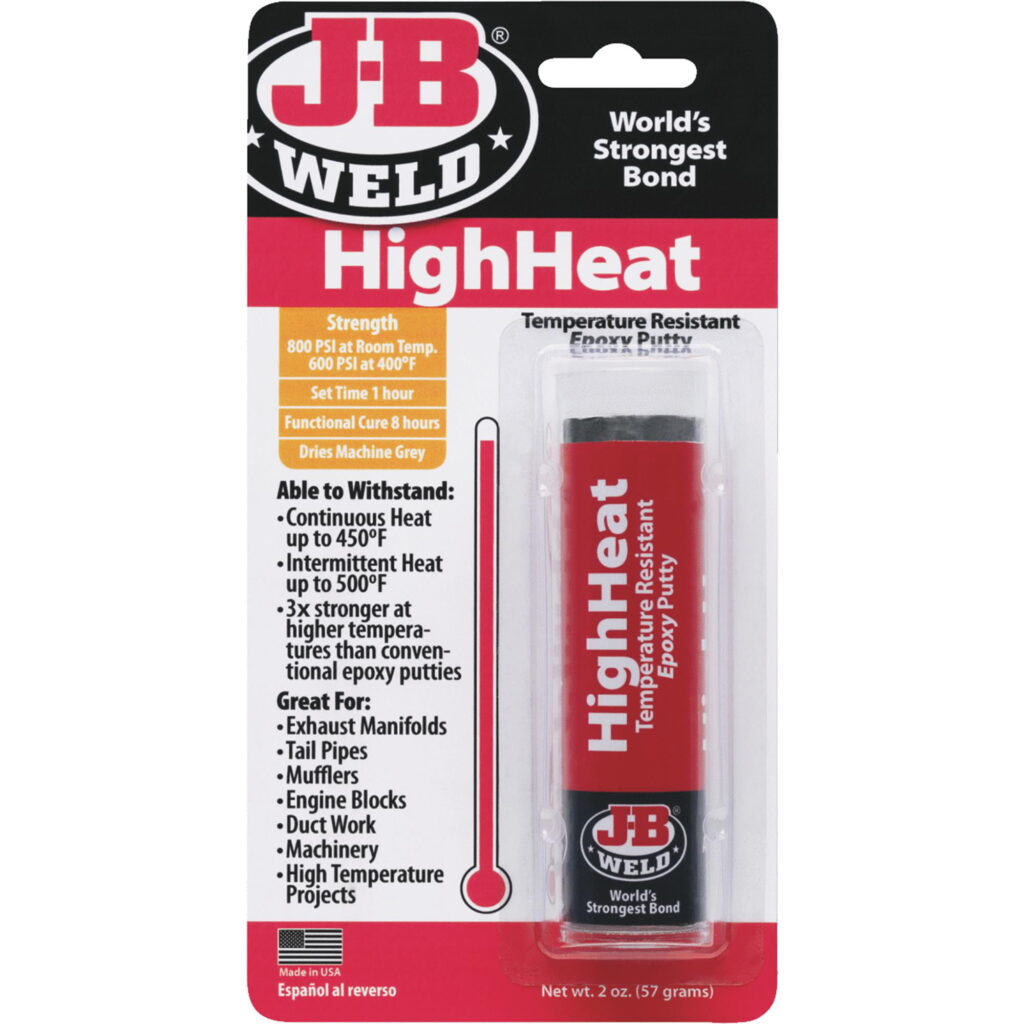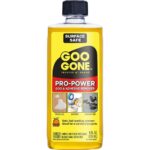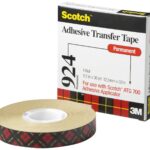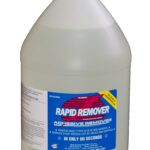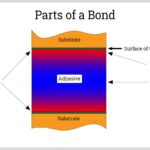Glue is a material that is used to hold things together. There are many different types of glue, but not all of them are heat resistant. Some glues can withstand high temperatures, while others will melt or catch fire at lower temperatures. Heat-resistant glue is typically made from synthetic materials, such as polyimide, that can withstand high temperatures without melting.
What kind of glue is heat resistant
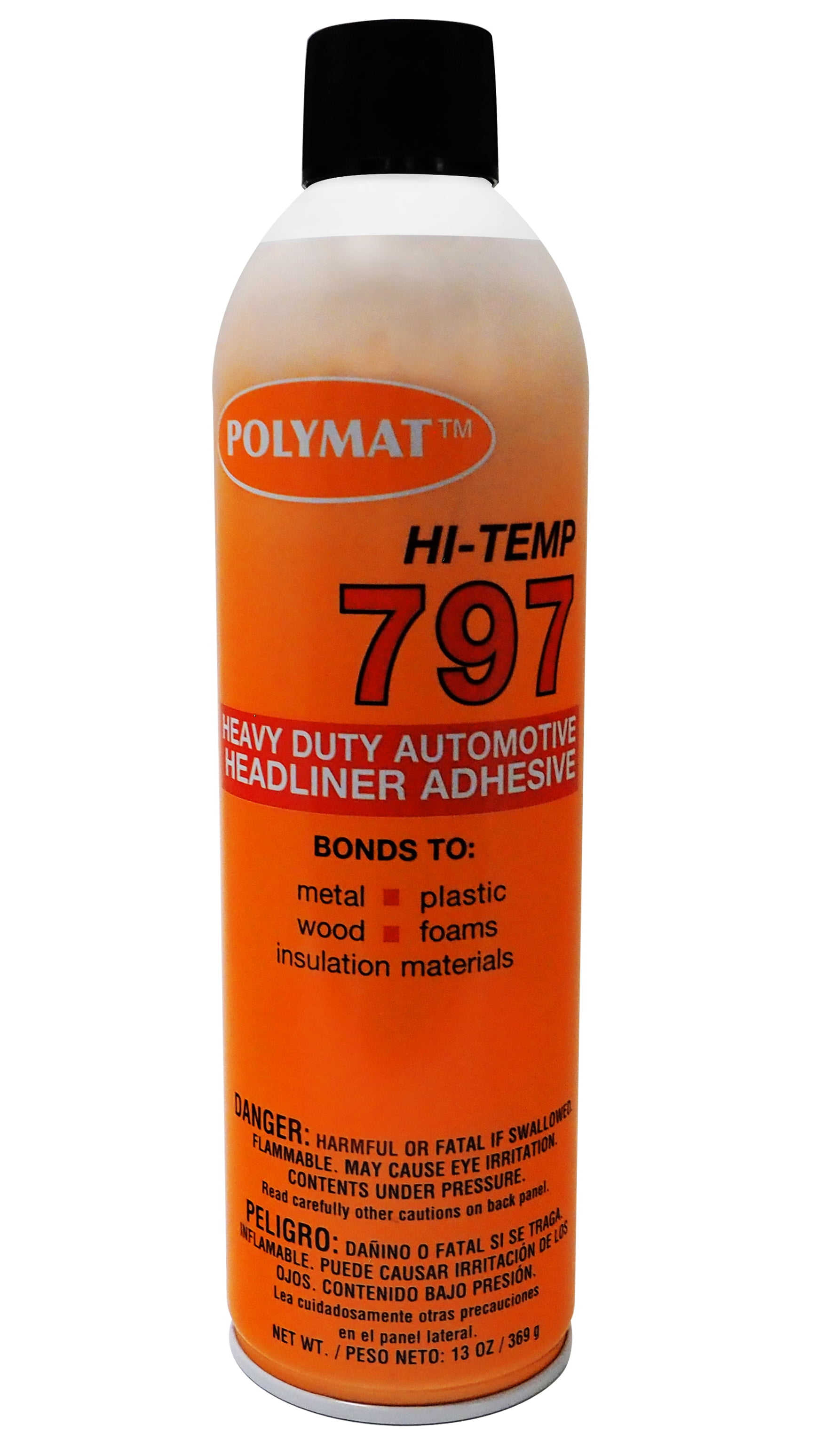
There are many types of glue that are heat resistant. Some of these include epoxy, polyurethane, and silicone adhesives. These adhesives can withstand high temperatures and are often used in applications where other adhesives would fail.
Is Gorilla Glue heat resistant?
This glue is typically used for woodworking, as it can hold heavy pieces of wood together. Gorilla Glue is also heat resistant, making it ideal for use in high temperature environments.
What glue can withstand 500 degrees?
There are many types of glue that are heat resistant, but not all of them can withstand temperatures as high as 500 degrees. For example, epoxy glue is a popular choice for bonding metal and plastic, but it can only withstand temperatures up to 250 degrees. Other types of glue, like polyurethane, can withstand higher temperatures but may not be as strong as epoxy. When choosing a heat-resistant glue, it is important to consider what materials you will be bonding and what temperature the bonding will need to withstand.
Can superglue withstand high temperatures?
Superglue is not typically used for high-temperature applications, as the glue can break down at high temperatures. However, there are some types of superglue that are designed to withstand high temperatures. These types of glue are typically used in applications where the materials being glued will be exposed to high temperatures, such as in automotive and aerospace applications.
What is the highest temperature adhesive?
This type of glue is typically used in high temperature applications such as in the automotive and aerospace industries.
What are the best heat resistant gloves?
When looking for a heat resistant glue, it is important to also consider the best heat resistant gloves to use with it. There are many different brands and types of gloves available, so it is important to do some research to find the best ones for the job. One option is to look for gloves that are made specifically for working with hot materials. These gloves will often have a higher heat tolerance and be more resistant to burns. Another option is to look for gloves that are made of a thicker material, such as Kevlar or Nomex.
These gloves will provide a higher level of protection from heat and flames. It is also important to consider the type of work you will be doing with the glue. If you will be working with it for a long period of time, it is important to choose gloves that are comfortable to wear and that will not cause any irritation. When choosing the best heat resistant gloves for your needs, it is important to consider the material, the level of protection they offer, and the type of work you will be doing. By taking these factors into consideration, you can find the best gloves to use with your heat resistant glue.
What is glue best withstands heat?
One of the most important things to consider when choosing a heat-resistant glue is its adhesive properties. There are many types of adhesives, but not all are created equal. Some adhesives are better than others at withstanding high temperatures. For example, epoxy resins are known for their excellent heat resistance. They can withstand temperatures up to 250 degrees Celsius.
This makes them ideal for bonding metals and other materials that are exposed to high temperatures. Another type of heat-resistant glue is silicone. Silicone adhesives can withstand temperatures up to 500 degrees Celsius. This makes them ideal for bonding glass, ceramic, and metal. When choosing a heat-resistant glue, it is important to consider the type of material you will be bonding. Some materials require a stronger adhesive than others. For example, if you are bonding two pieces of metal together, you will need a stronger adhesive than if you are bonding two pieces of plastic together. There are many different types of heat-resistant glues on the market. It is important to choose the right one for your needs. Consider the type of material you will be bonding, the temperature it will be exposed to, and the strength of the adhesive you need. With so many options available, you are sure to find the perfect heat-resistant glue for your needs.
What glue can withstand heat?
There are a few types of glue that can withstand heat. One type is epoxy, which is often used for bonding metal and plastic. Another type is polyurethane, which is often used for woodworking. These types of glue can withstand temperatures up to 200 degrees Fahrenheit.
What is the best glue for high temperatures?
If you are working with materials that will be exposed to high temperatures, you need a glue that can withstand those temperatures. There are several types of glue that are heat resistant, but not all of them are created equal. Here is a look at some of the best options for high temperature glue. One type of high temperature glue is epoxy. This glue is typically used for projects that require a strong bond, such as repairing metal or glass.
It can withstand temperatures up to 250 degrees Fahrenheit. Another type of heat resistant glue is silicone. This type of glue can withstand temperatures up to 500 degrees Fahrenheit. It is often used for projects that require a flexible bond, such as sealing a window or creating a gasket. Polyurethane is another type of high temperature glue. It can withstand temperatures up to 200 degrees Fahrenheit. This type of glue is often used for projects that require a strong, flexible bond, such as bonding wood or plastic. No matter what type of high temperature glue you choose, make sure that it is rated for the temperatures that you will be exposing it to. That way, you can be sure that your project will withstand the heat.
What glue can withstand high temperatures
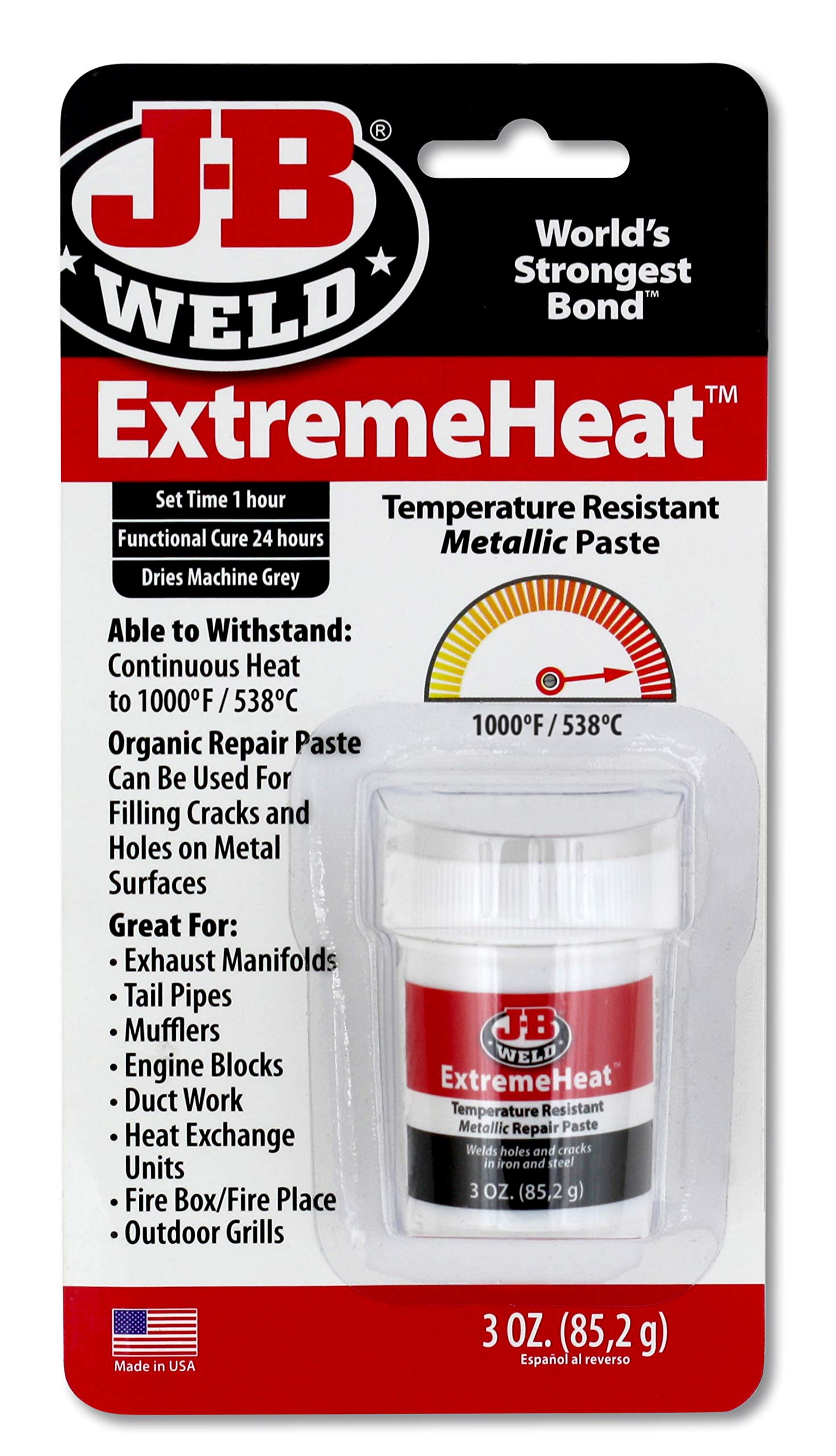
When it comes to high temperature glue, there are a few options that can withstand the heat. epoxy glue is one type that can withstand high temperatures, making it ideal for repairing ceramic cookware or bonding metal pieces. another option is polyurethane glue, which can also be used for repairing ceramic cookware or bonding metal. finally, silicone glue can also withstand high temperatures, making it ideal for use in high temperature applications.
Does Gorilla Glue withstand high heat?
This makes it ideal for bonding metal, glass, and ceramic materials. Gorilla Glue can also be used to repair plastics and other materials that are damaged by heat.
Is JB Weld good for high heat?
It is heat resistant and can withstand high temperatures, making it ideal for use in high-heat situations.
Is epoxy glue heat resistant?
This means that it can withstand high temperatures without being damaged. This makes it ideal for use in situations where the temperature may be a factor, such as in an oven or on a stovetop. Epoxy glue is also known for being very strong, making it ideal for use in areas where there may be a lot of stress or strain.
What strong glue is heat resistant?
There are many types of glue that are heat resistant. Strong glue is one type that is able to withstand high temperatures. This type of glue is often used in applications where it needs to withstand extreme conditions. Strong glue is heat resistant and can be used in a variety of different projects.
What temperature will Gorilla Glue withstand?
Gorilla Glue can withstand temperatures up to 200 degrees Fahrenheit.
Is Gorilla Glue sensitive to heat?
Gorilla Glue is not sensitive to heat. It can withstand temperatures up to 200 degrees Fahrenheit. This makes it an ideal choice for projects that will be exposed to heat, such as those involving electronics.
What glue can withstand 400 degrees?
There are a few different types of glue that can withstand 400 degrees. One type is epoxy resin, which is a strong and durable adhesive. Another type is polyurethane, which is also strong and durable. Finally, there is silicone, which can withstand high temperatures and is often used in situations where temperatures may fluctuate.
What glue can you use in an oven?
There are actually several types of glue that can be used in an oven. The most common type is high temperature adhesive, which is specifically designed for use in high heat environments. This type of glue can withstand temperatures up to 500 degrees Fahrenheit. Another type of heat resistant glue is epoxy. Epoxy can withstand even higher temperatures, up to 550 degrees Fahrenheit. So if you need a glue that can withstand high temperatures, either of these two types would be a good option.
What is the best high temperature epoxy?
There are many different types of high temperature epoxy, each with different properties and applications. The best high temperature epoxy for your project will depend on your specific needs. Some factors to consider include temperature resistance, chemical resistance, and ease of use. One type of high temperature epoxy that is popular for its versatility is two-part epoxy. This type of epoxy can be used for a variety of projects, including bonding, sealing, and coating.
Two-part epoxy is available in a variety of formulations, so you can choose the one that best suits your needs. Another type of high temperature epoxy is one-part epoxy. This type of epoxy is easier to use than two-part epoxy, and it can be used for a variety of projects. One-part epoxy is available in a variety of formulations, so you can choose the one that best suits your needs. If you need an epoxy that can withstand high temperatures, you should choose a high temperature epoxy. There are many different types of high temperature epoxy, so you should choose the one that best suits your needs.
What type of glue would be best?
There are many types of heat resistant glue, but the best one for your needs will depend on the materials you’re working with and the temperatures you’re dealing with. For example, if you’re working with glass, metal, or ceramic, you’ll need a different kind of heat resistant glue than if you’re working with plastic or vinyl. The temperatures you’re dealing with will also play a role in choosing the best heat resistant glue. For example, if you’re working with high temperatures, you’ll need a different kind of glue than if you’re working with lower temperatures. But no matter what materials you’re working with or what temperatures you’re dealing with, there’s a heat resistant glue out there that will work for you.
What glue to use for high temperature
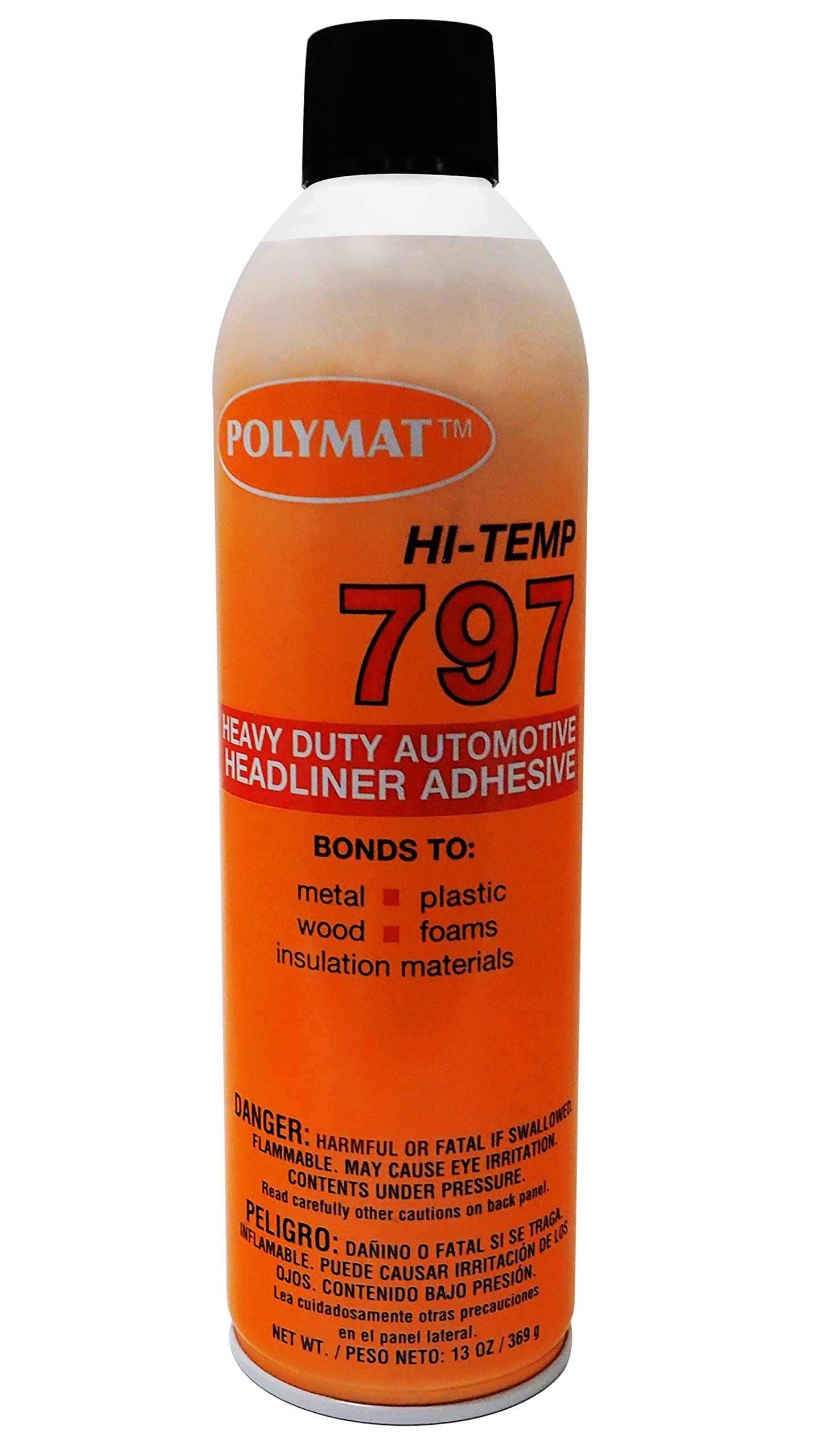
There are a few different types of glue that can withstand high temperatures. One type of glue is epoxy. Epoxy is a strong adhesive that can bond metal, glass, and plastic. It can withstand temperatures up to 250 degrees Fahrenheit. Another type of heat-resistant glue is silicone. Silicone can withstand temperatures up to 500 degrees Fahrenheit. It is a good choice for bonding glass, metal, and ceramic.
What adhesive can withstand high temperatures?
There are a few different types of adhesives that can withstand high temperatures. One type is known as heat resistant epoxy. This type of adhesive is often used in applications where high temperatures are a concern, such as in engines or in industrial settings. Another type of heat resistant adhesive is silicone adhesive. This type of adhesive can withstand temperatures up to 500 degrees Fahrenheit. It is often used in applications where high temperatures are a concern, such as in ovens or in outdoor settings.
Will Super Glue hold up to high heat?
Super Glue can withstand high temperatures, making it a good choice for projects that require heat resistance.
Does Gorilla Glue melt in heat?
Many people wonder if it can withstand extreme heat. While Gorilla Glue is not officially classified as a heat-resistant glue, it can withstand temperatures up to 200 degrees Fahrenheit. This makes it ideal for applications where the glue will be exposed to moderate heat, such as in a hot car. However, if you need a glue that can withstand higher temperatures, you should look for a product that is specifically designed for that purpose.
Is there a heat proof glue?
There are many different types of glue, but not all of them are heat resistant. Some glues are designed specifically for use with heat, while others will break down and become less effective when exposed to high temperatures. If you need a heat resistant glue, there are a few things you should keep in mind. First, you need to make sure that the glue you choose can withstand the specific temperature you need it to. Some glues are designed to work with high temperatures, while others can only handle lower temperatures.
You should also check to see how long the glue will last when exposed to heat. Some glues will only last for a short period of time, while others can last for hours or even days. Finally, you need to make sure that the glue you choose is safe to use. Some glues can be dangerous if used improperly, so it’s important to read the instructions carefully before use. If you’re not sure about something, it’s always best to ask a professional.
What glue can withstand high heat
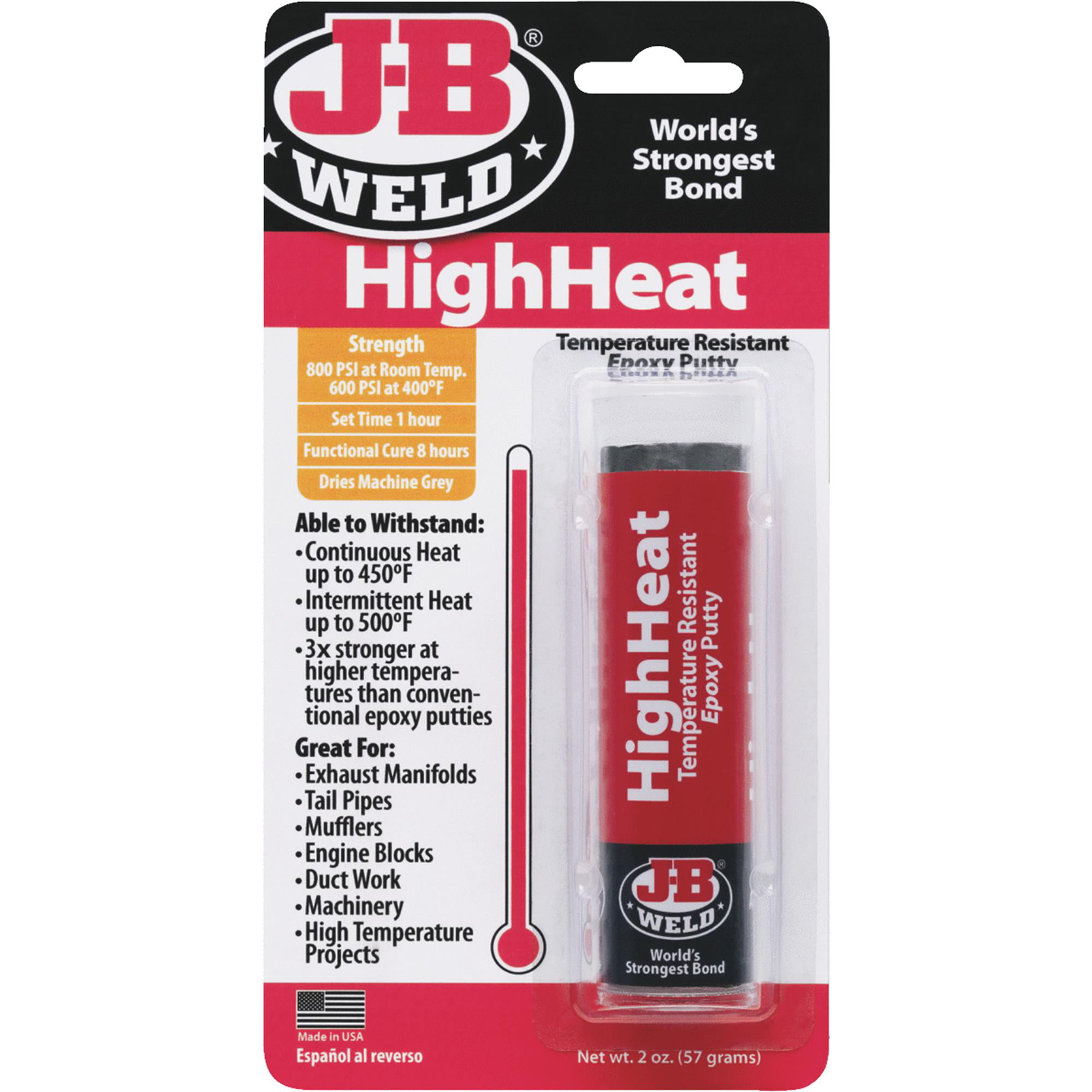
There are many types of glue that can withstand high heat. Some of these include epoxy, polyurethane, and silicone adhesives. These types of glue are often used in applications where the temperature is high, such as in automotive or aerospace engineering. They are also used in household applications where the temperature may rise, such as in the kitchen.
Which materials can withstand a high temperature?
There are many materials that can withstand high temperatures. Some examples include metals such as stainless steel and titanium, as well as certain ceramics. Glue is not typically heat resistant, but there are some types that can withstand high temperatures for short periods of time. This includes epoxy and polyimide adhesives.
What kind of glue is heat tolerant?
There are many types of glue that are heat resistant, but not all of them are created equal. Some glues can withstand high temperatures for a short period of time, while others can handle prolonged exposure to heat. If you need a glue that can withstand high temperatures, it’s important to choose one that is specifically designed for that purpose. One type of heat resistant glue is epoxy. Epoxy is a two-part adhesive that can withstand high temperatures and is often used for bonding metal and ceramic.
Another type of heat resistant glue is silicone. Silicone can handle high temperatures and is also resistant to water and chemicals. When choosing a heat resistant glue, it’s important to consider what you’ll be using it for. If you need a glue that can withstand high temperatures for a short period of time, epoxy may be a good option. If you need a glue that can handle prolonged exposure to heat, silicone may be a better choice.
How does heat affect the strength of glue?
When glue is heated, the molecules in the glue expand and the glue becomes less viscous. This makes it easier for the glue to flow and spread. However, when the glue cools down, the molecules contract and the glue becomes more viscous. This makes it harder for the glue to flow and spread. The strength of the glue also depends on how much heat is applied. If the glue is heated too much, the molecules will break down and the glue will become weaker.
What is the best heat resistant glue
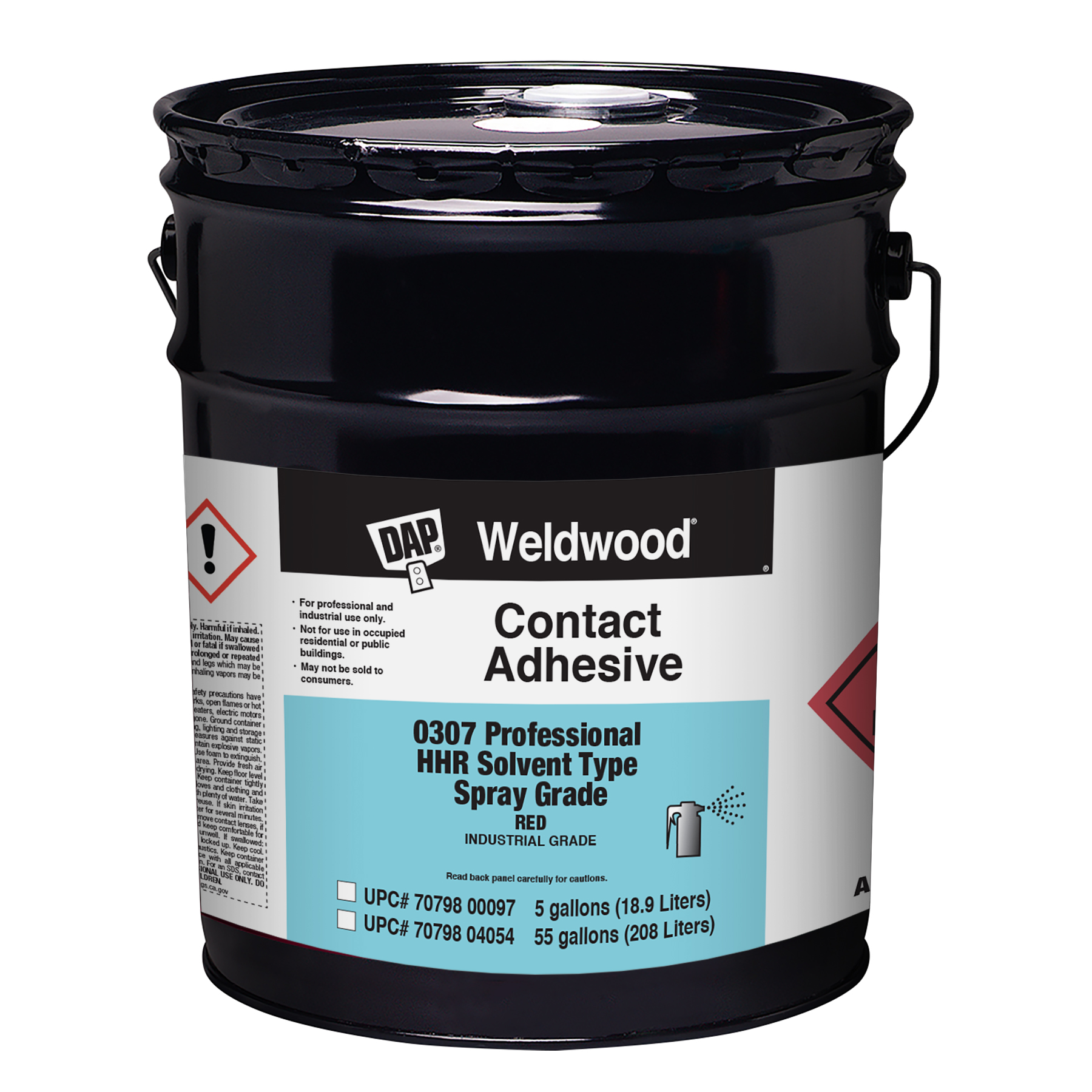
There are a few different types of glue that are heat resistant, but the best heat resistant glue is the one that best suits your needs. If you need a glue that can withstand high temperatures, then you should look for a glue that is specifically designed for that purpose. Some glues can withstand temperatures up to 500 degrees Fahrenheit, while others can only withstand temperatures up to 200 degrees Fahrenheit. The type of glue you need will depend on how high of a temperature you need it to withstand.
What kind of glue withstands heat?
There are a few types of glue that can withstand heat. One type is epoxy glue, which is often used for bonding metal and ceramic. Another type of heat-resistant glue is silicone glue, which can be used for a variety of tasks, including sealing gaps and repairing electrical wiring. Polyurethane glue is also resistant to heat, making it ideal for bonding wood and plastic.
What adhesive can withstand heat
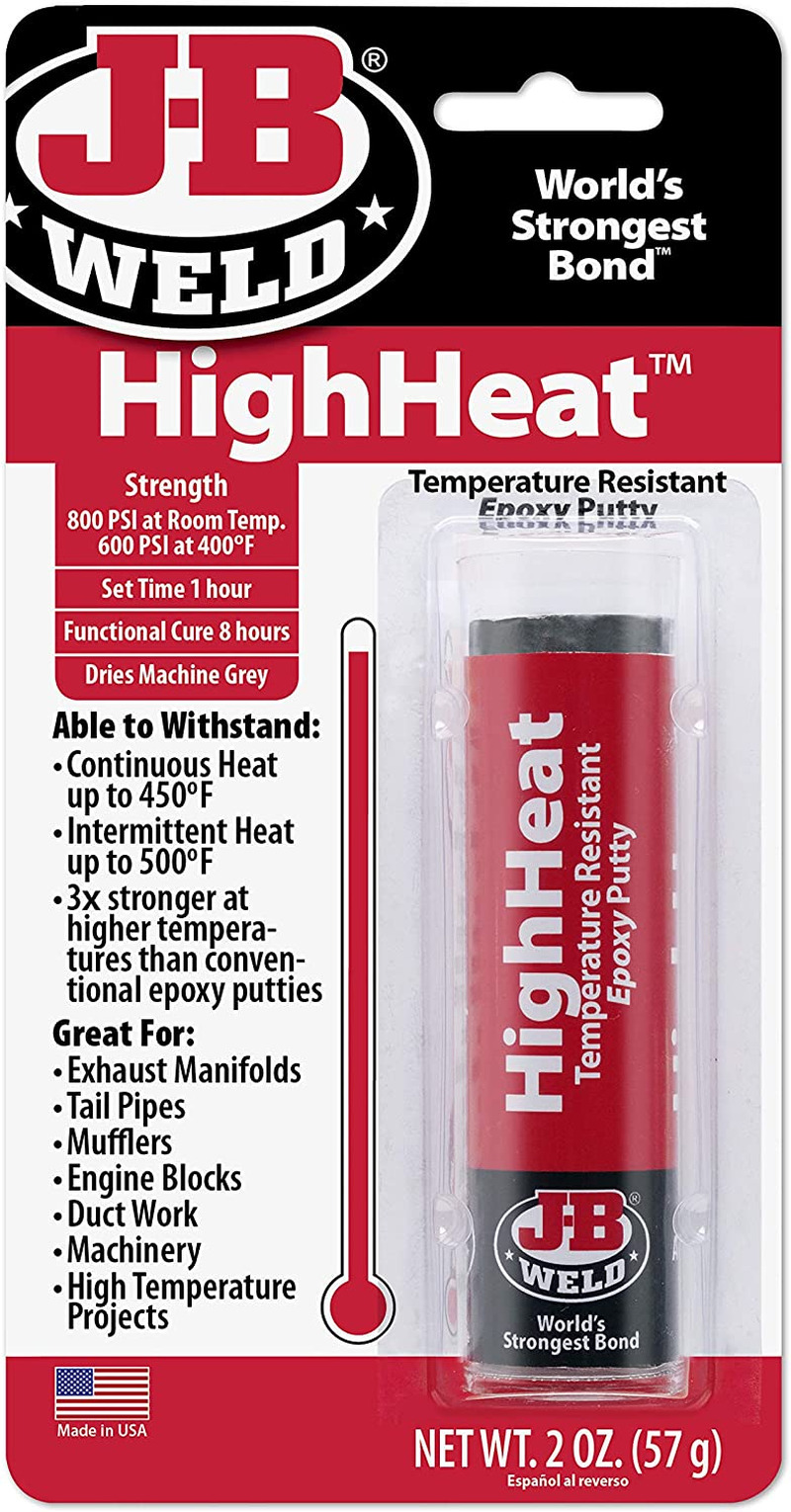
There are many adhesives that can withstand heat. Some of these adhesives are designed specifically for high temperature applications. Others can withstand high temperatures because of their composition. For example, some adhesives are made of materials that have a high melting point. Some adhesives are also made of materials that expand and contract very little when exposed to high temperatures. This expansion and contraction can cause adhesives to degrade over time.
What type of adhesive is best?
There are many types of adhesives available on the market, and choosing the right one can be tricky. However, if you need a heat-resistant glue, then there are a few options that you can choose from. One option is epoxy glue. This type of glue is very strong and can withstand high temperatures. It is also resistant to chemicals, so it can be a good choice for projects that will be exposed to harsh conditions.
Another option is silicone glue. This type of glue can also withstand high temperatures and is very flexible, making it ideal for projects that need a bit of give. Finally, there is polyurethane glue. This type of glue is also very strong and heat-resistant, but it is not as flexible as silicone glue. So, which adhesive is best for your project? It really depends on your needs. If you need a heat-resistant glue, then epoxy or polyurethane might be a good choice. If you need a bit of flexibility, then silicone might be the best option. Ultimately, it is up to you to decide which type of glue is best for your project.
What is the strongest adhesive?
There are many adhesives on the market that claim to be the strongest, but it is hard to determine which one is truly the strongest. Heat resistance is an important factor to consider when choosing an adhesive. Some adhesives are not heat resistant and can melt or become brittle when exposed to high temperatures. This can be a problem if you are working with materials that will be exposed to heat, such as in a kitchen or near a fireplace. There are some adhesives that are specifically designed to be heat resistant, so these are a good option if you need an adhesive that can withstand high temperatures.
Can super glue withstand heat?
Super glue is often used for bonding metal, glass, and plastic. It can withstand high temperatures, making it ideal for use in high heat situations.
